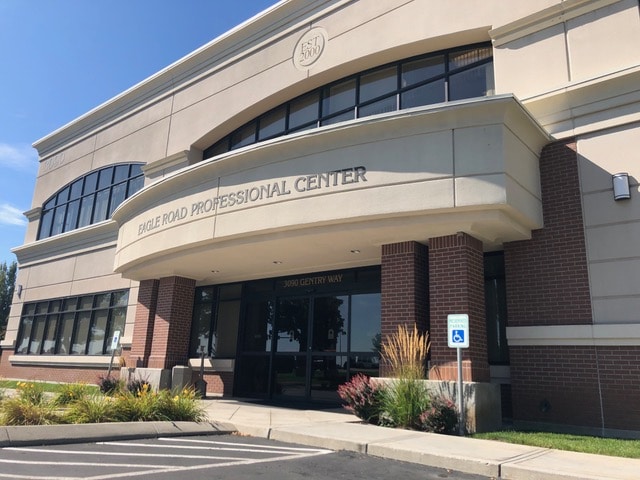Body Contouring After Weight Loss
With the advent of bariatric (weight loss) surgery, we are seeing more and more patients able to shed those unwanted pounds to return to a healthier weight. Other individuals take aggressive personal efforts through diet and exercise and are able to loose high volumes of weight as well. Many times, in the process, patients are able to leave behind many of the unwanted health problems that are associated with obesity. One thing, however that they cannot leave behind is the excess, hanging skin that has resulted from their journey. This can be troublesome for patients and can be a constant reminder of their former self. As a result many of these individuals seek body contouring after weight loss.
In most cases, this should not be viewed as “one and done” surgery, but rather a series of procedures tailored to a patient’s needs in order to reduce the loose and hanging skin that troubles them in various parts of their body. These procedures can be aimed at abdomen, breast, back, buttock, arms, thighs, face/neck among others. These procedures pose a special challenge as they are all designed not only to remove excess skin but to tighten it, which can be difficult as these groups of patients have lost a certain degree of elasticity to their skin. In general, before considering these surgeries, patients need to be at their goal weight which should be close to a BMI of 30 or below. This weight should be maintained for a minimum of 6-12 months and for most patients that have completed bariatric surgery this is usually at least 18-24 months after their surgery. Patients should be in good health. It is important to make sure that you are metabolically stable and that there are no nutritional deficiencies, as healing is of paramount importance.
During your consultation, Dr. Jarrell will meet with you and discuss your priorities and goals and help formulate a plan that is customized to this. Again, this is usually a series of procedures spread out over time with periods of recovery in between. Unfortunately, insurance does not cover most of these procedures and so patients may need to take this into consideration when planning for surgery. Recovery is dependent on the procedure performed and the individual patient.


